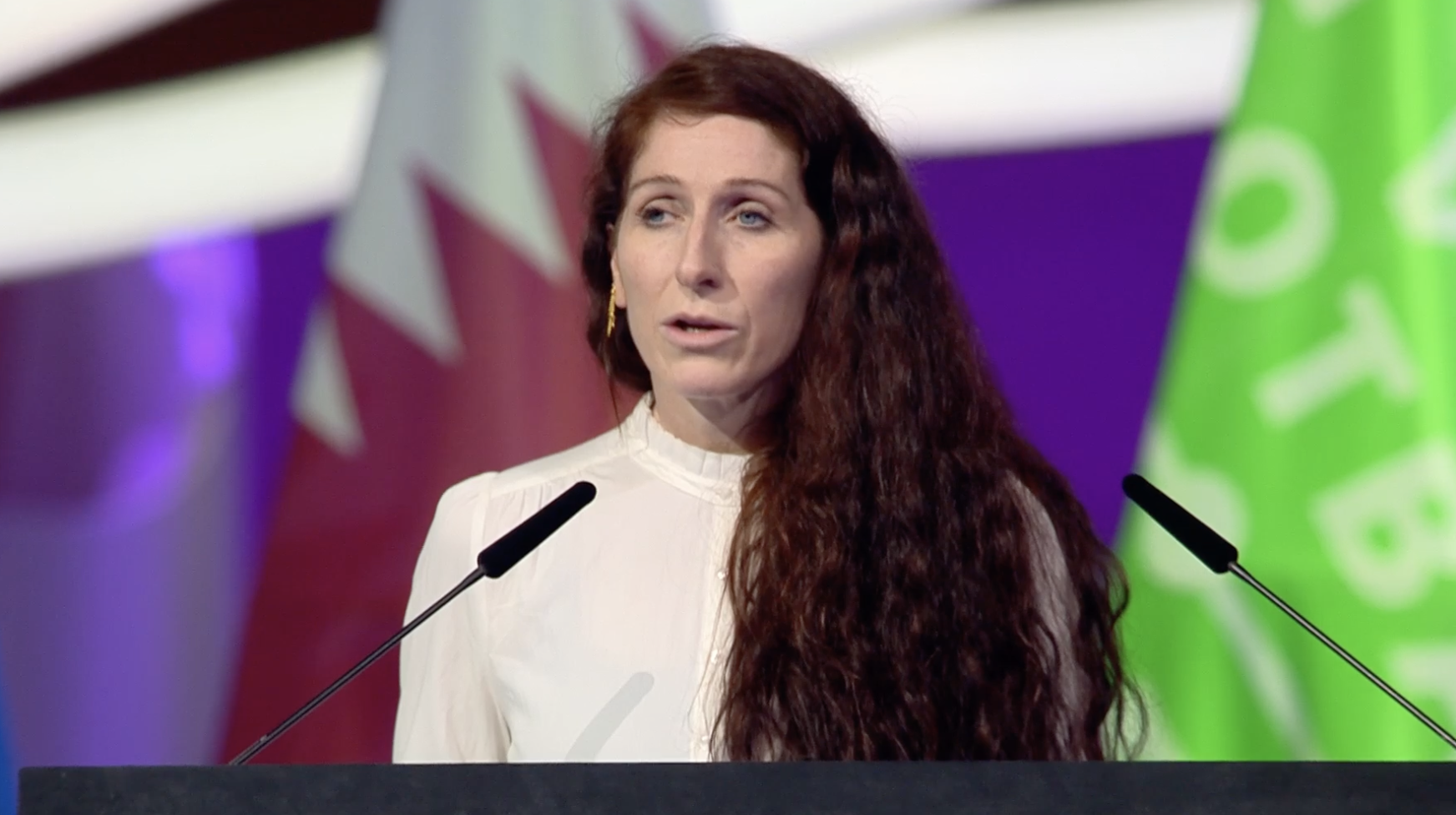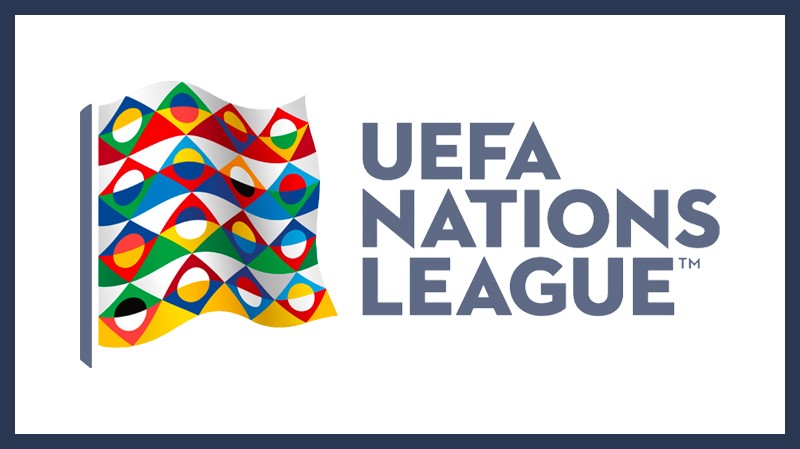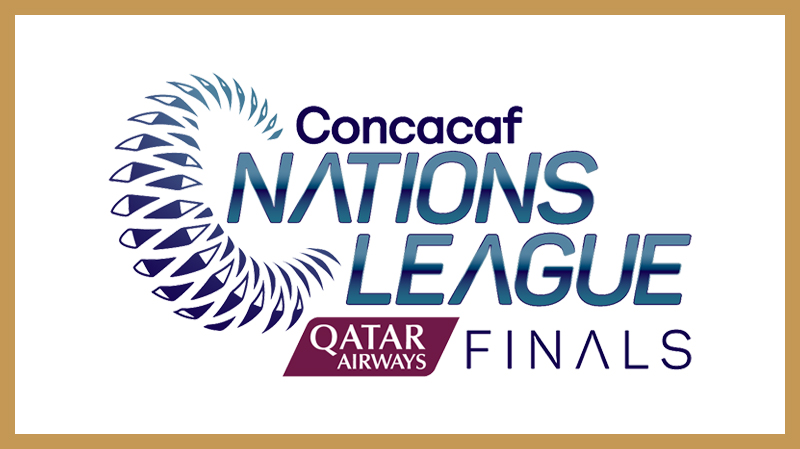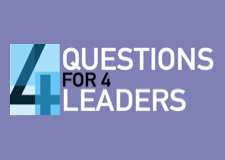
November 4 – Norwegian football boss Lise Klaveness has raised concerns over FIFA’s bidding process for the 2034 World Cup and called out the voting procedure.
“We are worried. We don’t think it was perfect in the years before the Qatar World Cup, but then there were real processes with skilled people at the administrative level in FIFA. Now it has become more and more distant for us,” said Klaveness in an interview with NRK.
On December 11, FIFA is expected to award the World Cup to Saudi Arabia, the sole country in the bidding race for the 2034 finals after the world governing body gave other eligible nations less than a month to throw their hat into the ring. It left Saudi Arabia unchallenged after the 2030 World Cup was steered toward Spain, Portugal, Morocco, Uruguay, Argentina and Paraguay, taking the notion of a mega sporting event to unprecedented heights.
FIFA has however maintained that the bidding process for 2034 is in line with processes for previous World Cups.
The bidding process for the 2034 World Cup isn’t the only area of controversy, with Saudi Arabia being accused of whitewashing human rights abuses and repression against its own citizens through sports and football.
Last week, human rights groups called the ‘independent assessment’ of Saudi Arabia’s 2034 World Cup human rights policy by London law firm Clifford Chance “flawed”. They accused FIFA and the Saudi of limiting the scope of the assessment, largely restricting it to human rights recognised by Saudi Arabia.
Klaveness and the NFF believe the criticism offers FIFA a chance to redress the situation.
“If they do it right, they have very good opportunities to make many assessments that are outside of what they have submitted,” said Klaveness. “FIFA is not bound to only follow what is in the book. They can make their own independent assessments and obtain information from other sources.”
Klaveness also expressed her surprise over the voting procedure for the 2034 World Cup. In a media release on October 3, FIFA wrote: “As the foundation for these bidding processes was the unanimous approval by the FIFA Council of a consolidated proposal that covers the 2030 and 2034 editions, the decision on the hosts will also be taken en bloc.”
However, FIFA have failed to explain what the ‘en bloc’ vote precisely entails. FIFA’s media department has repeatedly been asked to clarify the voting procedure, but has failed to do so.
Klaveness said: “There is also a bit of FIFA culture, it is difficult to know. Now it was finally time for them to be voted on together. So there should not be one vote on the World Cup in 2030 and one vote on the World Cup in 2034, it is a bloc. Then we don’t know if it is a physical voice or acclamation.”
She added: “Should we press yes and no or will it just go through? For us, it is important because we think that the process itself is a goal.”
Klaveness and the NFF are undertaking a grassroots consultation over the question of Saudi Arabia.
Ahead of the 2022 World Cup, the Norwegians considered a boycott of the Qatar tournament, but ultimately opted for dialogue and mandated Klaveness, the NFF’s first female president, to deliver a speech to the FIFA Congress.
Contact the writer of this story at moc.l1730728183labto1730728183ofdlr1730728183owedi1730728183sni@i1730728183tnuk.1730728183ardni1730728183mas1730728183


News from North and Central America and the Caribbean
![]()


